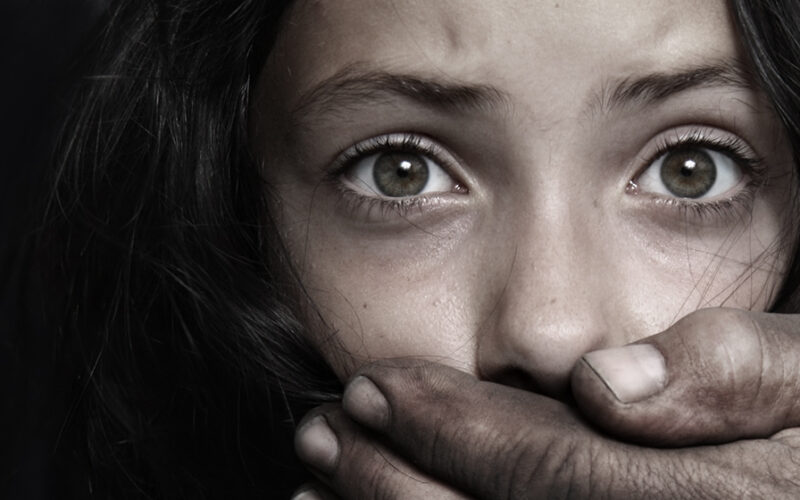Newly released data obtained through a freedom of information request has shed light on concerning trends regarding the treatment of potential trafficking victims by the UK Home Office. The figures indicate that in 2022, a substantial number of children identified as possible victims of trafficking or modern slavery were left unsupported and vulnerable after aging out of the government system designed to assist them.
According to the data, a staggering 1,871 children, suspected of being victims of trafficking or modern slavery, fell out of the National Referral Mechanism (NRM) upon reaching the age of 18. The NRM is the primary avenue through which suspected victims access comprehensive assistance in the UK. Notably, approximately half of these children were of British nationality.
Further analysis reveals that a concerning 70% of the 2,634 children awaiting formal identification as trafficking victims disappeared from the NRM upon reaching adulthood. Reasons for this included cases being “suspended” by the Home Office due to lack of consent from the individuals, and others actively withdrawing from the system. Shockingly, many of these young individuals were reportedly unaware of the necessity to provide consent to remain listed in the NRM.
Anti-trafficking organizations have expressed alarm at these findings, emphasizing the urgent need for systemic reforms to safeguard vulnerable young victims. Eleonora Fais, coordinator of the Anti-Trafficking Monitoring Group, stressed the necessity of enhancing support services to ensure children receive adequate assistance.
Similarly, Patricia Durr, chief executive of the children’s rights charity ECPAT UK, voiced deep concern over the situation, calling for comprehensive reforms to prevent vulnerable victims from being left unsupported during the transition to adulthood. One proposed improvement includes the expansion of independent child trafficking guardians across all councils in England and Wales.
The data also reveals a stark reality regarding the efficacy of government support mechanisms, with only a mere 6% of children transitioning from the NRM to receiving support under the government’s modern slavery victim care contract. This contract is specifically designed to aid victims of modern slavery.
Rachel Medina, chief executive of the Snowdrop Project, a charity providing long-term support to survivors of modern slavery, has urged the government to take decisive action to address the systemic gaps that leave hundreds of children without the necessary support and protection.
In light of these revelations, there is a clear call for the Home Office and relevant authorities to prioritize the welfare of vulnerable children at risk of trafficking or modern slavery, ensuring that no individual’s right to support is overlooked or neglected.








